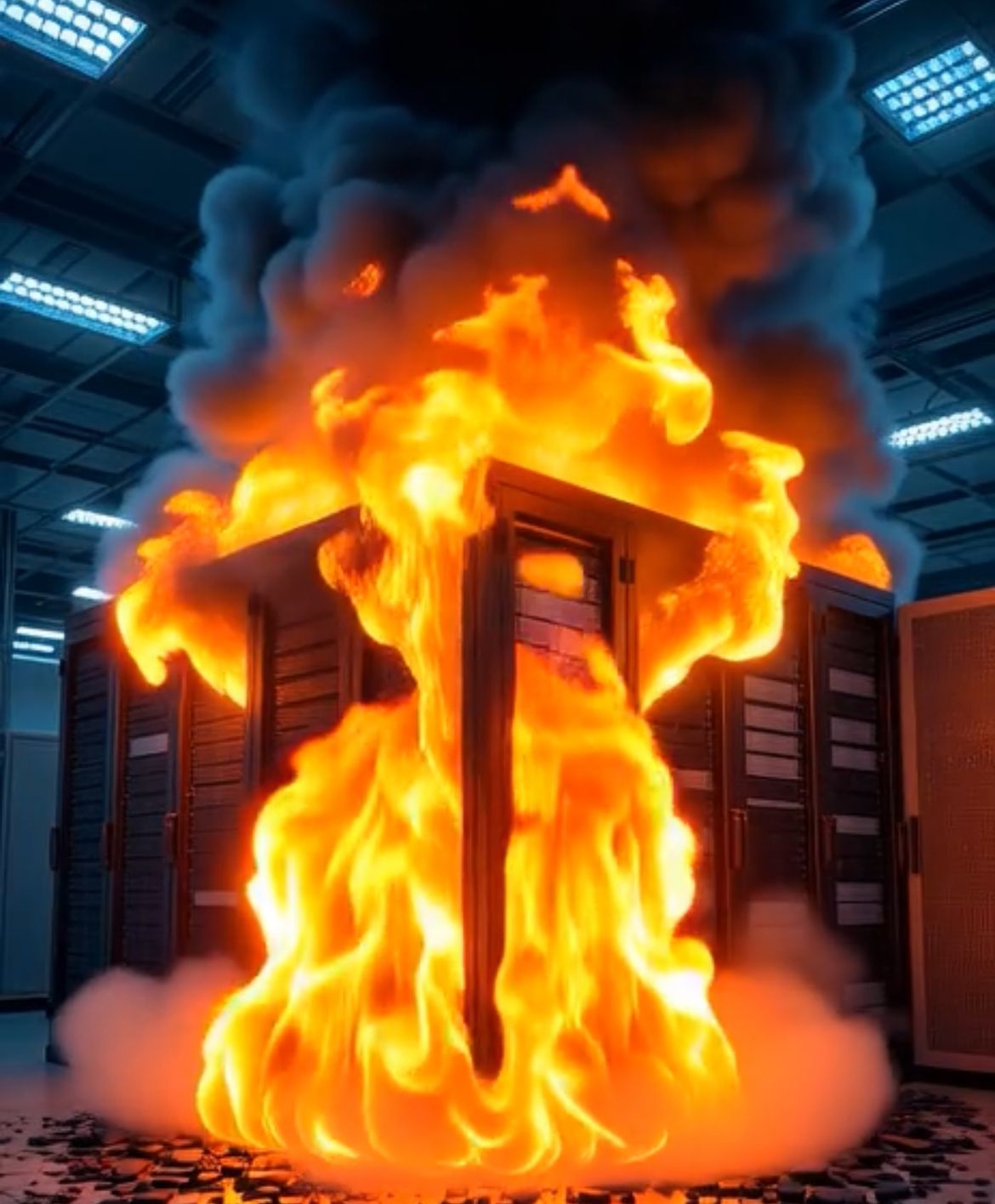Legal Challenges of Using Lithium Energy Storage in Data Centers
Introduction to Lithium Energy Storage in Data Centers
by Sol Avisar - CEO
As the demand for data storage and processing grows, data centers are increasingly turning to lithium energy storage systems for their efficiency and reliability. These systems offer numerous benefits, including improved energy management, reduced operational costs, and enhanced sustainability. However, adopting lithium battery technology also presents several legal challenges that data center operators must navigate.
Lithium batteries are known for their high energy density and long cycle life, making them an attractive option for modern data centers. Despite these advantages, the legal landscape surrounding their use is complex and requires careful consideration to ensure compliance with applicable regulations.

Regulatory Compliance Challenges
One of the primary legal challenges associated with lithium energy storage systems is regulatory compliance. Operators must adhere to a variety of laws and guidelines that govern the storage, handling, and disposal of lithium batteries. These regulations can vary significantly depending on the jurisdiction, making it essential for data center managers to stay informed about local and international standards.
For example, the U.S. Environmental Protection Agency (EPA) and the European Union's Waste Electrical and Electronic Equipment (WEEE) directive impose strict requirements on the disposal of electronic waste, including lithium batteries. Non-compliance can result in substantial fines and reputational damage.
Environmental Considerations
Another critical aspect of regulatory compliance is addressing environmental concerns. Lithium batteries contain hazardous materials that can pose significant environmental risks if not managed properly. To mitigate these risks, data centers must implement robust recycling and waste management programs to ensure safe disposal and processing of used batteries.

Fire Safety Regulations
Lithium batteries are known for their potential fire hazards, which can create additional legal challenges for data centers. Fire safety regulations aim to minimize the risk of battery-related fires and ensure the safety of personnel and infrastructure. Data centers must comply with fire codes that dictate the storage, installation, and maintenance of lithium battery systems.
Implementing proper fire suppression systems and regularly inspecting battery installations are crucial steps in adhering to these regulations. Additionally, staff should receive training on emergency response procedures to handle potential incidents effectively.

Contractual and Liability Issues
Beyond regulatory compliance, data centers face contractual and liability issues when using lithium energy storage systems. Contracts with battery suppliers and service providers must clearly outline responsibilities, warranties, and performance guarantees to prevent disputes. Legal counsel should review these agreements to ensure they protect the interests of the data center.
Moreover, liability concerns arise if a malfunction or accident occurs involving lithium batteries. Ensuring adequate insurance coverage can help mitigate financial risks associated with such incidents. Data centers should work with insurers familiar with the unique challenges posed by lithium technology to obtain appropriate policies.
Risk Management Strategies
To address these legal challenges effectively, data centers should implement comprehensive risk management strategies. Conducting thorough risk assessments, staying abreast of evolving regulations, and investing in staff training are key components of a proactive approach. Partnering with experienced legal advisors can also provide valuable insights into navigating the complex legal landscape surrounding lithium energy storage systems.
